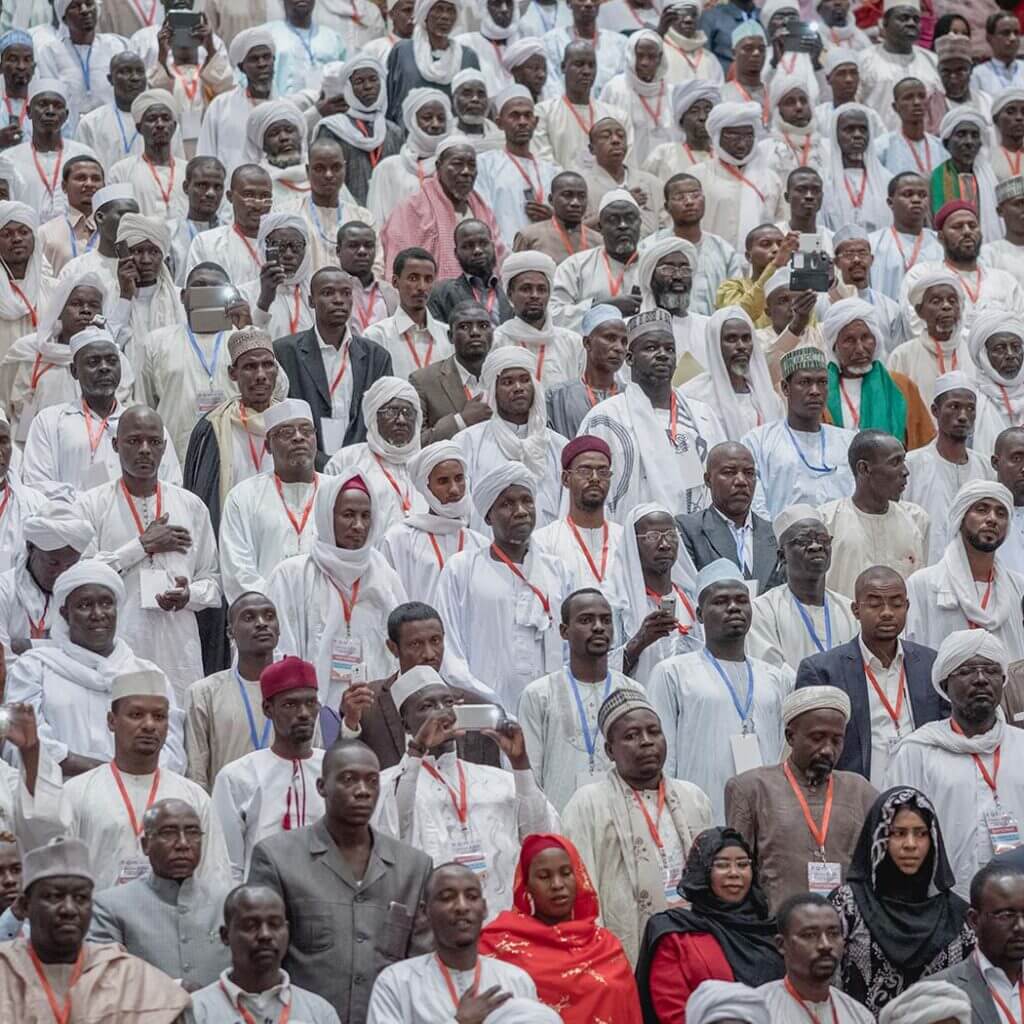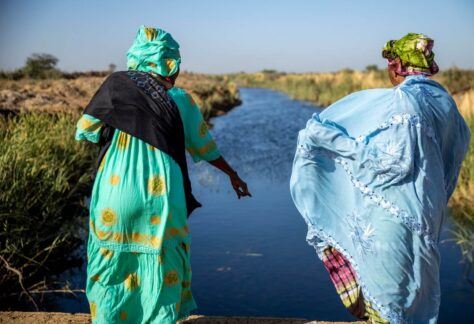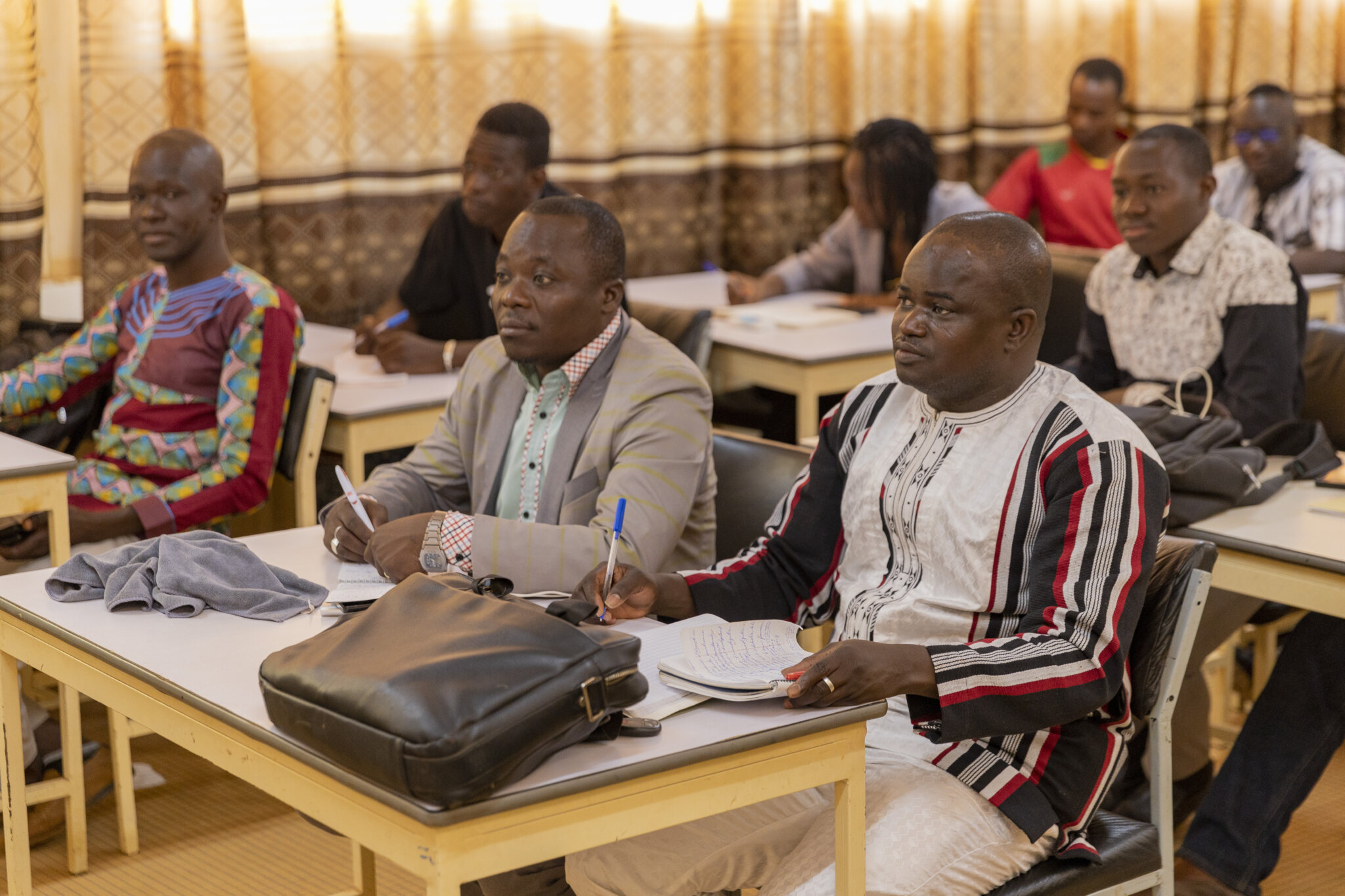
GOVERNANCE
PILLAR
UN GOVERNANCE STRATEGY IN THE SAHEL
Under the United Nations Integrated Strategy for the Sahel as well as its Support Plan (UNSP), the target Sahel countries are: Burkina Faso, Cameroon, Chad, Gambia, Guinea, Mali, Mauritania, Nigeria, Niger and Senegal. The region is a geographically vast territory with many remote, sparsely populated communities and hard-to-reach borders, which service delivery to all parts of the region challenging. Generally, the region ranks very low on governance indicators, which act as proxies for public sector performance.

Stabilize
A curative intervention by stabilizing crisis affected cross-border areas
Transform
Supporting transformational change in local, national and regional governance systems
Sustain
A preventive action by sustaining development gains in non-crisis cross-border areas where, despite the improved economic indicators, flames of instability are being stoked in the form of chronic low HDI records, vulnerabilities, inequalities, marginalization

RATIONALE
The rationale for the UN Governance offer is that the crisis in the region has exposed the extreme fragility of the governance systems in the Sahel region in terms of national settings and regional cooperation and coordination. Despite significant assistance delivered so far, the situation has not improved to become sustainable. While national and sub-national governance system found themselves at brink of imploding, regional and sub-regional organizations have found it very challenging to adequately anticipate, manage and address the issues, including the volatile electoral context which often exacerbates the fragility of the countries in the region. Chronic low HDI records, fragility, vulnerability, inequalities and exclusion have created the favorable environment for violence extremism to flourish and become a disruptive force in the region
Strengthening good governance at all levels (local, national) while supporting regional organizations in their coordination and regulation mandates is thus key to restoring stability and inclusive economic growth in the Sahel. Under the UNISS Support Plan, the United Nations and its partners are scaling up efforts to reestablish peace and security, support inclusive governance and narrow inequalities to enable Sahel countries to achieve lasting peace and prosperity
STABILIZATION
- SECURITY
- LOCAL GOVERNANCE
- PROTECTION OF HUMAN RIGHTS AND RULE OF LAW
- PEACE INFRASTRUCTURE
- REVITALIZATION OF COMMUNITIES
TRANSFORMATION
- ENERGY FOR PRODUCTION AND TRANSFORMATION
- MODERN TRANS-SAHEL INFRASTRUCTURE
- ROBUST PUBLIC EXPENDITURE
- INCLUSIVE DEMOCRATIC SYSTEMS
- HUMAN RIGHTS ENFORCEMENT
SUSTAINABILITY
- PEACE INFRASTRUCTURE
- PRIVATE SECTOR DEV & DE-RISKING
- CITIZENS’ VOICE AND ACCOUNTABILITY
- PUBLIC POLICY REFORMS
- SOCIAL COHESION, PEACE & STABILITY
- GOVERNANCE PROSPECTIVE RESEARCHES

The Governance Group (GWG) works in plenary and through sub-groups and tasks teams as per members’ interest and requirements.
The GWG will develop an indicative “light” work plan, which will be further strengthened as the group grows in its substantive contributions to the various working themes.
Membership to the GWG is open to UN entities.
The GWG may invite other partners (including government, regional organizations, NGOs, bilateral and multilateral actors) to participate in its meeting for information sharing and to build synergy on implementation of activities.
The GWG is co-convened by UNDP and UNCDF.
The GWG is convened monthly. Minutes of the meetings are shared with members, the conveners of UNISS Working Groups, and the UNISS Implementation Support Unit.
The GWG conveners (and designated members) in coordination with the UNISS Implementation Support Unit maintain contact, coordinate, cooperate and participate in activities and forums relevant to governance in the Sahel and the sub-region.

